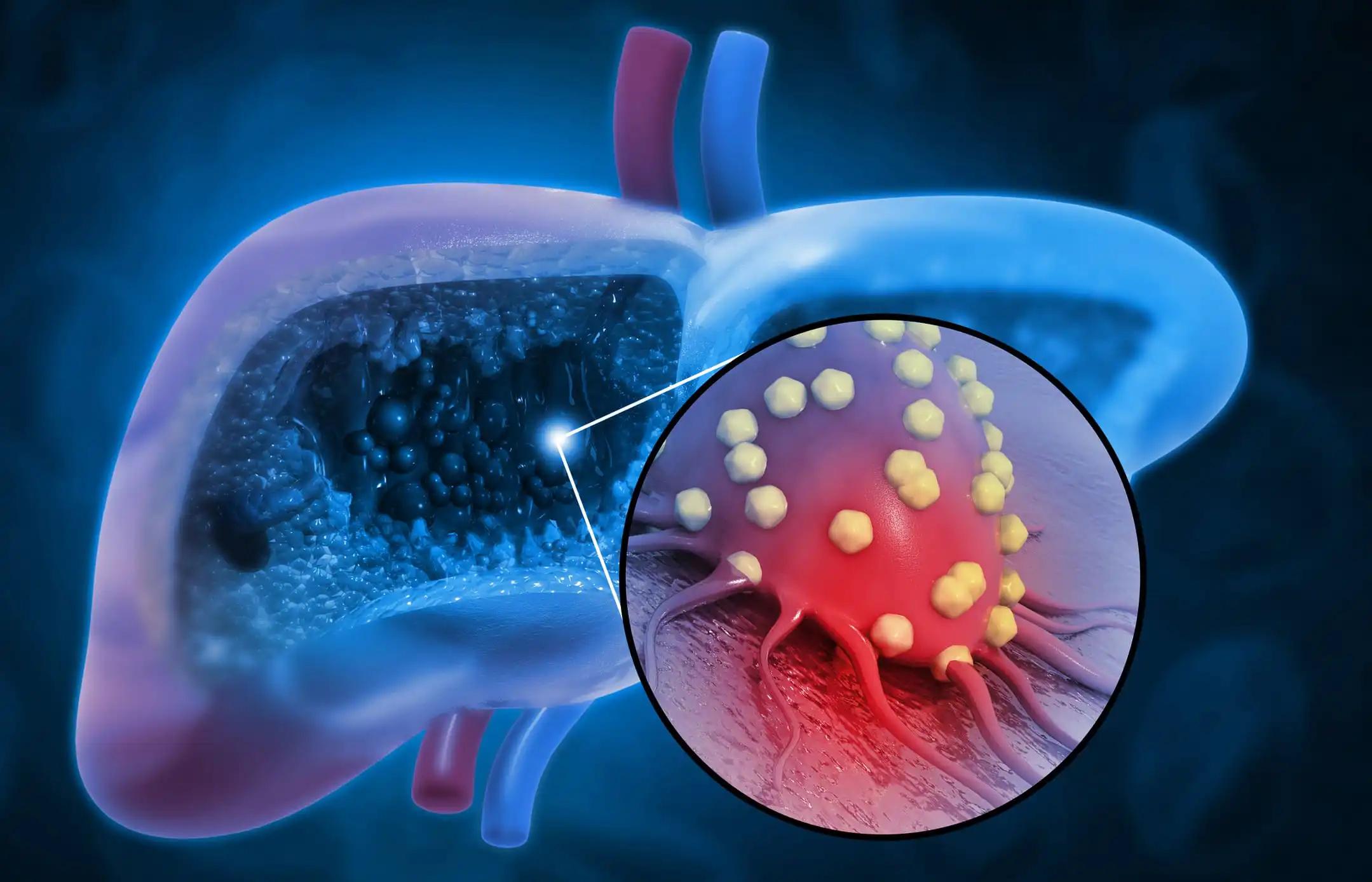KEY TAKEAWAYS
- The study aimed to investigate the impact of Rho GTPases on the TME and HCC pts.
- Researchers noticed distinctive TME features and clinical relevance of Rho GTPase, highlighting their potential and enhancing outcomes in HCC pts.
Emerging evidence underscores the pivotal role of Rho GTPases in tumorigenesis and metastasis, yet their specific contribution to the tumor microenvironment (TME) and prognosis of hepatocellular carcinoma (HCC) still needs to be adequately elucidated.
Qi Yang and his team aimed to address this knowledge gap by conducting a comprehensive investigation into the involvement of Rho GTPases in HCC.
Researchers performed an inclusive analysis encompassing Rho GTPase signaling genes to develop a tumor prognosis prediction system named the Rho GTPases-related gene score (RGPRG score). This involved extensive bioinformatic analyses, utilizing a comprehensive dataset to discern the intricate molecular patterns associated with HCC prognosis.
The investigation revealed a notable correlation between the RGPRG score and outcomes in HCC patients (pts). Those with a high RGPRG score exhibited significantly poorer survival rates and increased immunosuppressive cell fractions than counterparts with a low RGPRG score. Single-cell cohort analysis disclosed an immune-active TME in pts with a low RGPRG score, featuring heightened communication from T/NK cells to other cells through MIF signaling networks.
The study further demonstrated that pts with a high RGPRG score experienced unfavorable immunotherapeutic outcomes and reduced survival time in the immunotherapy cohort. Additionally, the RGPRG score showed a notable correlation with survival across 27 other cancer types, indicating its broad prognostic relevance beyond HCC.
In vitro experiments confirmed that the knockdown of the key Rho GTPase-signaling biomarker SFN significantly inhibited HCC cell proliferation, invasion, and migration.
The study concluded that exploring TME features and the clinical implications of Rho GTPase gene patterns at both bulk-seq and single-cell levels offers novel insights. These insights hold promise in guiding personalized treatment strategies and enhancing clinical outcomes for HCC pts.
The study is sponsored by National Natural Science Foundation of China Regional Innovation and Development Joint Foundation (U23A20408)
Source: https://translational-medicine.biomedcentral.com/articles/10.1186/s12967-024-04926-0#Abs1
Yang, Q., Zhuo, Z., Qiu, X. et al. Adverse clinical outcomes and immunosuppressive microenvironment of RHO-GTPase activation pattern in hepatocellular carcinoma. J Transl Med 22, 122 (2024). https://doi.org/10.1186/s12967-024-04926-0.



